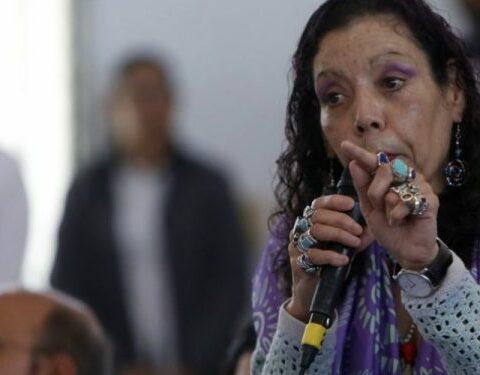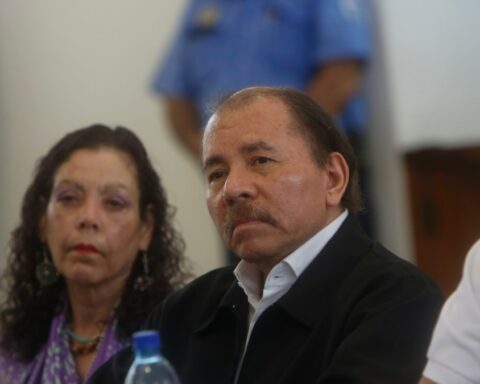The Government of Nicaragua announced this Saturday that it will extend the freeze on fuel prices by one week, to mitigate the impact of international increases in oil costs.
The Nicaraguan government authorities decided to “assume 100% of said increases”, in the week that runs from July 17 to 23, according to a resolution of the Nicaraguan Institute of Energy (INE).
With this decision, the number of consecutive weeks in which fuel prices remain frozen in Nicaragua is extended by 15.
Based on the INE resolution, the cost of a gallon (3.78 liters) of superior gasoline, used in light cars, will remain at 5.16 dollars; and that of regular gasoline, applied in old cars and SUVs, at 5.04 dollars. The gallon of diesel, used in cargo and collective transport, will remain at 4.55 dollars.
The Government of Nicaragua also decided to freeze the price of Liquefied Petroleum Gas (LPG), one of the main fuels used for cooking in the country”, indicated the INE.
Related news: Sandinistas and “collaborators” approve and defend CABEI loan for fuel subsidy
The Executive has reported that the freezing of fuel prices for transportation and cooking, in force in Nicaragua since last April, costs between four and six million dollars a week.
Last Tuesday, the National Assembly (Parliament) of Nicaragua authorized the Executive Power to negotiate a loan with the Central American Bank for Economic Integration (CABEI) for 200 million dollars to reduce the impact of the increase in fuel prices on the Nicaraguan economy.
CABEI had already announced that it had made these funds available to Nicaragua, which are part of a credit line of up to 800 million dollars, arranged by the Central American Bank for Economic Integration (CABEI) to finance a regional support program before the global rise in fuel prices.
Fuel prices are established weekly by the distribution companies based on the variations in the international prices of these derivatives, “that is, these prices are not regulated by the State,” according to the INE.








